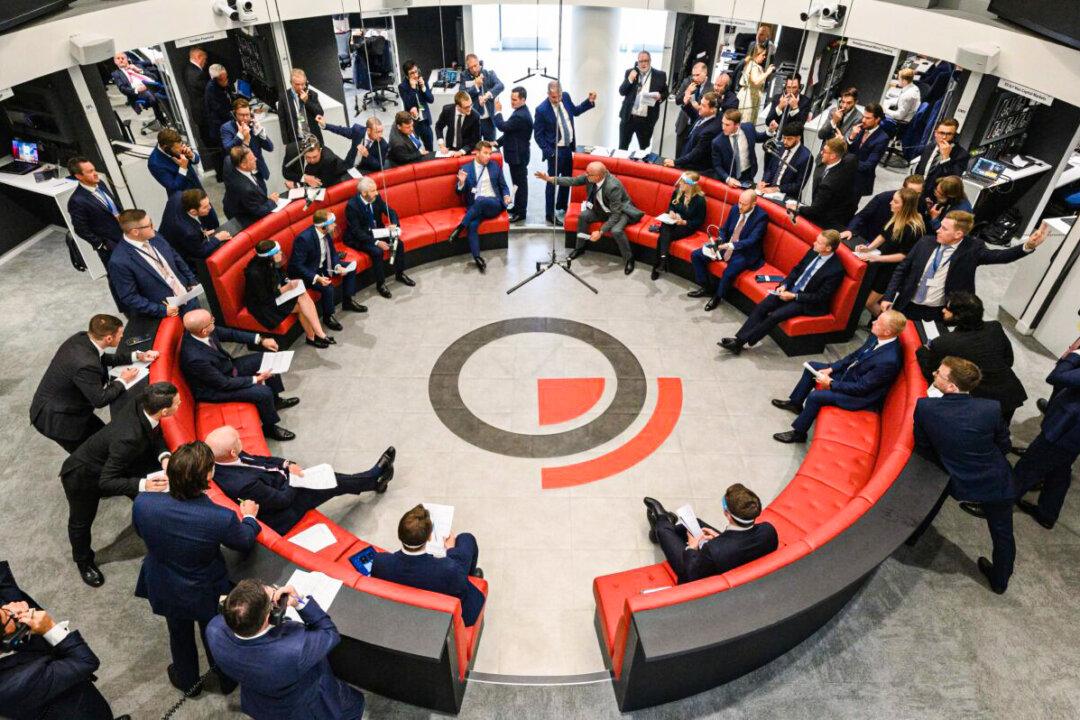City regulators have launched an investigation into the London Metal Exchange after it suspended nickel trading last month.
On March 8, the exchange, which is owned by Hong Kong Exchanges and Clearing, suspended its operations for more than a week and canceled billions of dollars of trades after experiencing significant volatility, prompted by supply fears amid Moscow’s invasion of Ukraine.




